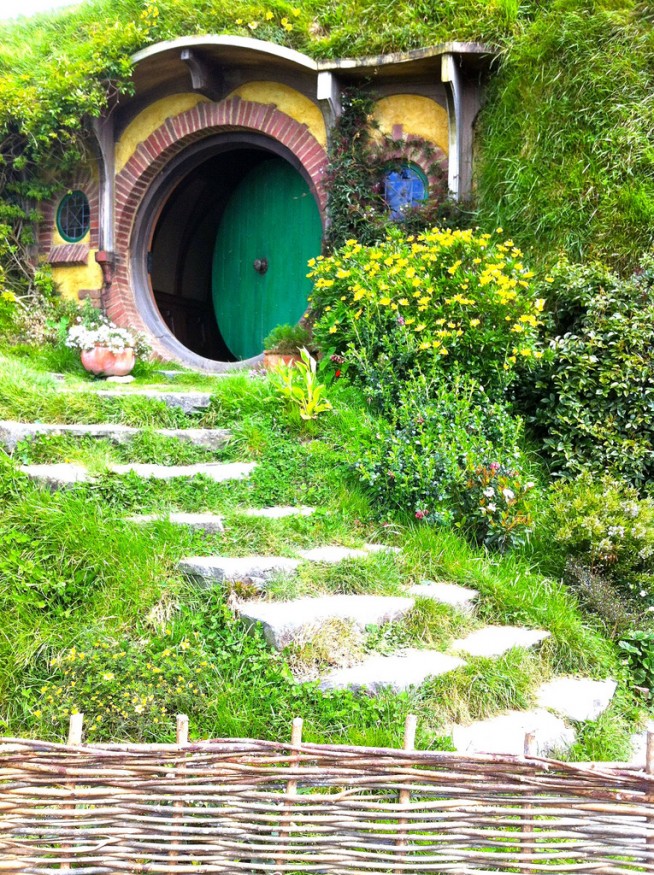Yet another Lord-of-the-Rings inspired post!
What can I say? Everything reminds me of habits these days. Better Than Before recently was released, so I can’t really think about much other than habits. And, apparently, hobbits.
And here’s a hobbit habit, as described in The Fellowship of the Ring:
“Anything that Hobbits had no further use for, but were unwilling to throw away, they called a mathom. Their dwellings were apt to become rather crowded with mathoms, and many of the presents that passed from hand to hand were of that sort.”
I love this term! Mathoms are indeed a problem. All that stuff — you don’t want to get rid of it; but you don’t actually use it or want it. Re-gifting is a terrific solution, but rarely possible.
What’s the tie to habits? One thing that has surprised me most about habits is the degree to which, for most people:
Outer order contributes to inner calm, and inner self-command. @gretchenrubin
(Click to Tweet!)
There’s something about getting control of the stuff of life that makes us feel more in control of our lives generally. And if that’s an illusion, it’s a helpful illusion.
Although it doesn’t necessarily seem logical, for most people, it’s easier to eat right when the kitchen is tidy; it’s easier to exercise when your desk isn’t buried in papers; it’s easier to make the bed when the floor isn’t covered by dirty clothes.
In Better Than Before, I discuss the Strategy of Foundation. From my observation, habits in four areas do most to boost feelings of self-control, and in this way strengthen the Foundation of all our habits.
We do well to begin by tackling the habits that help us to:
- sleep
- move
- eat and drink right
- unclutter
Foundation habits tend to reinforce each other—for instance, exercise helps people sleep, and sleep helps people do everything better—so they’re a good place to start for any kind of habit change.
Furthermore, somewhat mysteriously, Foundation habits sometimes make profound change possible. A friend once told me, “I cleaned out my fridge, and now I know I can switch careers.” I knew exactly what she meant.
For this reason, taking charge of the mathoms in our lives — giving them away, donating them, tossing them, or putting them to use — makes us feel more in command of ourselves, and therefore more able to master our habits.
What form do your mathoms take? Off the top of my head, in my house, I would say: flower vases, serving dishes, board games, tote bags, light jackets, and mugs.
Flower vases are a particular issue. They always seem so useful, but I never buy cut flowers (as an under-buyer), so whenever we get flowers, it’s because someone sent them — in a vase!
When we moved, I gave a giant box of vases to the flower shop on the corner of our street. It may be time to do that again. One apartment can hold only so many mathoms.
Gretchen Rubin is the author of the #1 New York Times Bestseller The Happiness Project—an account of the year she spent test-driving the wisdom of the ages, current scientific studies, and lessons from popular culture about how to be happier—and the recently released Happier at Home and Better Than Before. On her popular blog, The Happiness Project, she reports on her daily adventures in the pursuit of happiness. For more doses of happiness and other happenings, follow Gretchen on Facebook and Twitter.
Image courtesy of Maria Nayef.












